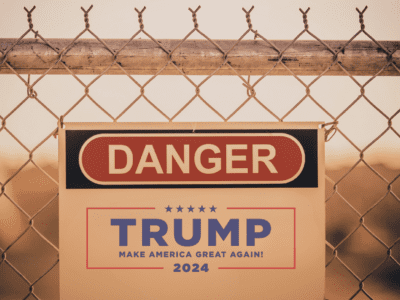The Politics of State Energy Deregulation: A Hypothesis

If you are interested in environmental policy, state public utility commissions might be the important agencies you’ve never heard of. PUCs determine how much power capacity there will be and even more importantly, what the mix of energy sources will generate it. Sometimes pundits will speak of “national energy policy”, but that is essentially a null set: there is no national energy policy but rather 50 different energy policies arising in state capitals. (The federal Department of Energy seems to be actually something of a bit player: its primary mission is the safeguarding of the nation’s nuclear weapons stockpile).We have very little good information about what these bodies are doing, and more importantly why they do what they do. A group of scholars led by Ann (in which I participate) are currently trying to get our heads around this problem, and it is a formidable task. There is a massive amount of information to gather and analyze, but one specific issue has already stood out for me: how electoral politics might influence the decisionmaking of PUCs.
Most PUCs are bodies appointed by the Governor and confirmed by some part of the Legislature. But ten states commissions are directly elected by the voters: Arizona, New Mexico, Montana, both Dakotas, Oklahoma, Louisiana, Mississippi, Alabama, and Georgia. And this group tells us something very interesting about the politics of energy regulation and deregulation.
First, they are virtually all (with the exception of New Mexico) red or red-leaning states. That means that theoretically, they should favor deregulation.
But second, virtually all of them (with the exception of Oklahoma and small parts of the Dakotas) remain traditionally regulated states, with vertically integrated utilities and no use of Independent System Operators.
Now, I could make the standard ideological point, viz., conservatives talk a lot about deregulation but only when it figures to hurt the least advantaged. But while that is true (see, e.g., the House version of the farm bill), I don’t think that that’s what’s going on here.
Consider what happens when you have a directly elected public utilities commission. Which entities will most likely dominate campaign funding? No mystery there: the regulated entities. Unlike other offices (such as Governor or state legislator), there is essentially only one interest group that matters here, so it has a much stronger interest in ensuring that its candidates get elected than any other. This also applies to many big local school boards, where teachers’ unions dominate the funding, or elected statewide superintendants of public instruction (ditto). Before California turned Deep Blue, the directly-elected state insurance commissioner was more likely than other state offices to be Republican because of the heavy involvement of insurers in campaign contributions (somewhat, although not even close to completely, made up for by the plaintiffs’ bar).
The evidence from directly-elected public utility commissions suggest that pretty direct client politics has occurred. The regulated industries heavily support certain commissioners’ campaigns, and once elected, those commissioners make sure to preserve private utility monopolies.
We need to know more, of course. Most importantly, we need to know about who has actually financed campaigns, what the issues were, what has happened when deregulation advocates have pushed certain policies, etc. Right now, this is at 30,000 feet. But it is a powerful correlation. And it also suggests, despite the fiasco of California utility deregulation, that the concept still might have purchase.







Reader Comments